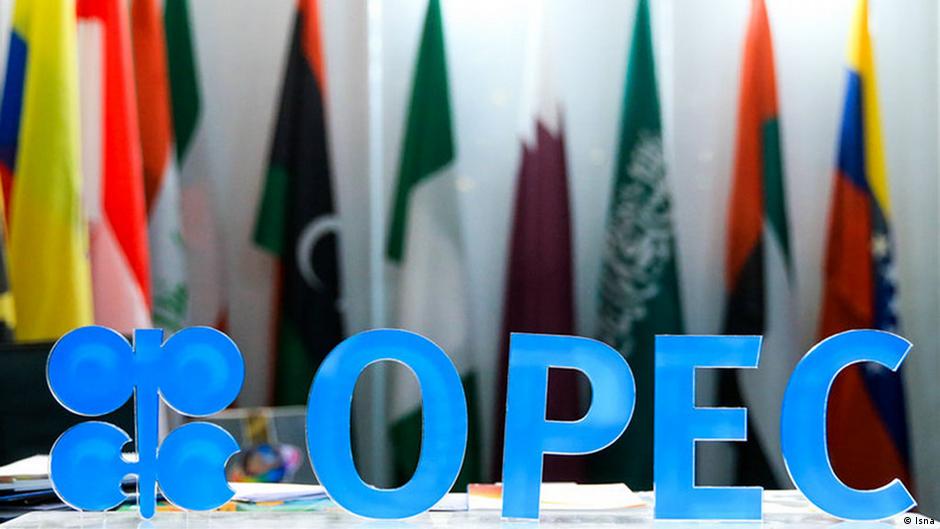Underproduction in Nigeria’s oil and gas sector and force majeure in Libya have again unbalanced output target of the Organisation of Petroleum Exporting Countries(OPEC).
According reports, OPEC recorded a much lower increase in output level for the month of April than was called for by the cartel’s supply agreement.
According to a Reuters survey, OPEC produced 28.58 million barrels per day, bpd, in April, meaning that, OPEC’s 10 members produced only 40,000 bpd more than in March.
The output deal called for a 254,000 bpd increase for OPEC countries, and a 400,000 bpd increase overall for OPEC+ production for April. This suggests a shortfall of some 214,000 bpd for OPEC members.
In March, OPEC alone increased its combined production by just 57,000 bpd, of which 54,000 bpd came from Saudi Arabia. The UAE also increased its production but the African members of the cartel saw their output decline during the month.
From October 2021 through March 2022, OPEC output came in lower than the deal commitments, except for the month of February, the Reuters survey noted.
Set to meet on Thursday this week, an OPEC delegate told Reuters that the current deal is likely to be maintained for June at an increase from 400,000 to 432,000 bpd that was discussed in March.
Compliance with the deal is now at an estimated 164 per cent the survey found, up slightly from compliance of 151 per cent the previous month.
Even a modest increase to 432,000 bpd could be in question as the cartel weighs the demand outlook amid China’s COVID lockdowns, which threaten downward pressure despite an energy shortage caused by Russia’s war on Ukraine.
Oil prices were down over 3 per cent early Monday, amid rising fears that China’s COVID lockdown will harm economic activity and strip demand for fuel, despite indications that the European Union is edging closer to a Russian oil ban.
Over the weekend, news emerged that Beijing was preparing to close more venues and Shanghai would not ease its lockdown measures.
“China growth concerns are a key driver, coming on top of the general risk-averse sentiment and signs that high fuel prices are already causing demand destruction,” head of commodities research at Saxo Bank A/S, Ole Sloth Hansen, said, as reported by Al-Jazeera.



